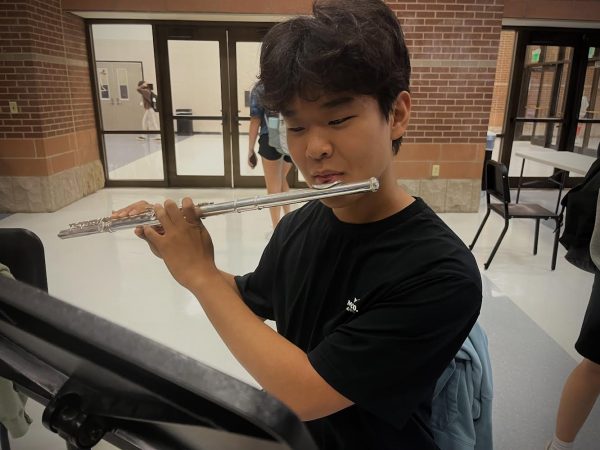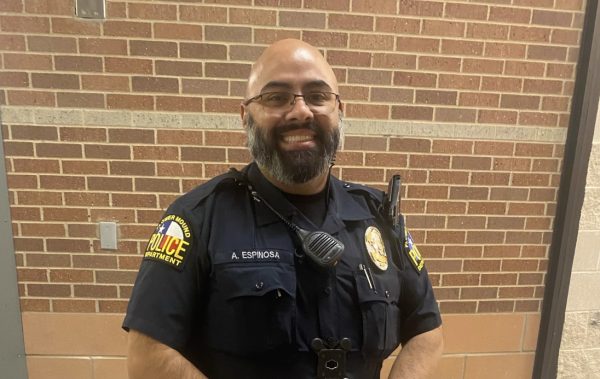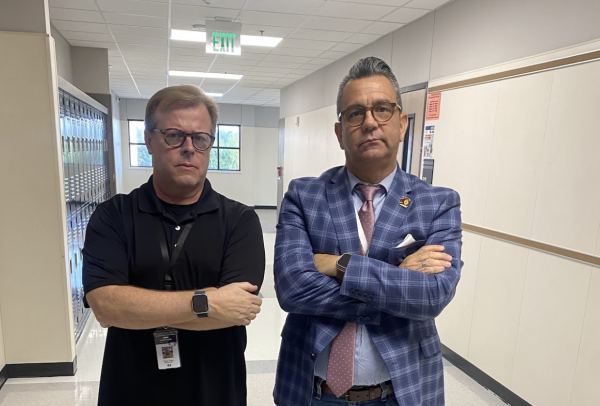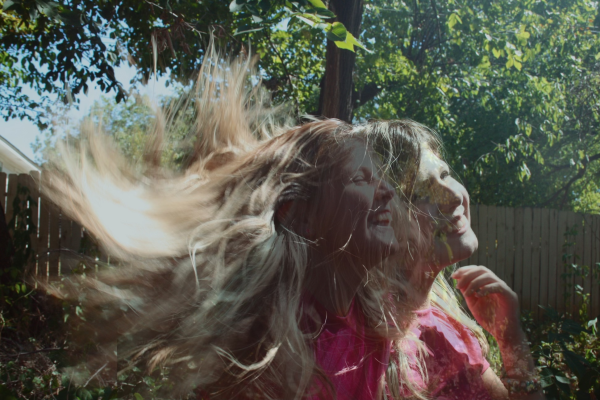Captain America Captivates Audience
April 10, 2014
Steve Rogers’ (Chris Evans) past and future collides in the conspiracy thriller-style adventure that is Captain America: The Winter Soldier, the most tense and arguably best installment in the Marvel Cinematic Universe.
After the first Captain America film established Steve’s origins as a big-hearted New Yorker turned World War II supersoldier and The Avengers made a point of showing how out-of-place he was, Winter Soldier explores the darker idea of Steve being a man out of time—a man whose ideas, habits, and values don’t line up with the morally grey, fast-paced present in which he’s been forced into.
One of the prevailing messages about Steve’s character is his painful and unequivocal loneliness. Cap has friends, of course, but everyone he truly cared about are either dead or withering away, and the new ones he found in S.H.I.E.L.D. barely understand him. One of those new friends is agent Natasha Romanoff (Scarlett Johansson), also known as the Black Widow.
At the end of Captain America: The First Avenger, Steve is forced to leave his original love interest, Peggy Carter (Hayley Atwell) behind in the war-torn 1940s, and, believing him dead in the arctic, she went on to lead a full life in the decades he spent trapped in ice. What happened to Peggy is never made entirely clear, as all we know is that she found someone else and helped start S.H.I.E.L.D., even as Steve is paired with Natasha.
Even though Steve and Natasha share an undeniable romantic tension, the two are not destined for romance—in part because the worldly assassin would likely devour the traditionalist veteran whole. Instead, Natasha teasingly suggests women she thinks Steve would have a chance with, serving as the friend he needs rather than the lover he’s far from ready for. Evans and Johansson deserve wholehearted applause for managing to contain, but not stamp out, the romantic tension in their scenes together; they shatter the expectations that come with a man and a woman being teamed up without stripping the characters of their sexuality.
While Winter Soldier makes plenty of room for fight sequences, its primary conflict isn’t good versus evil—it’s over very different ideas of the greater good, with S.H.I.E.L.D. at the center. As intimidating as the Winter Soldier (Sebastian Stan) is when he arrives, he’s not the movie’s only or even main antagonist; its villains don’t all come as clearly marked with a black mask and bionic arm. Steve still has it in him to make a beautifully cheesy speech about freedom, but the film also raises questions about the nature of superheroes. He’s a trusted, beloved presence participating in missions he’s not always sure he supports, but he is a relic from a time long past and his lack of modern understanding prevents him from taking a legitimate role in society.
Unlike Tony Stark or Thor, Steve Rogers doesn’t have another life to go back to when he’s not on call. As he points out, he always wanted to be a soldier, even if he ended up becoming a symbol in the process. Winter Soldier serves as a connecting point between the more outsized Marvel characters who’ve already had films of their own, and the ones who work for the organization that ties them all together. Steve doesn’t quite fit in either category, but by forcing him into a present where he’s confronted with ideas of surveillance and preventative action, he seems all the more poignant a figure. He’s Captain America, and for now there’s no place for him in this world other than in a museum.

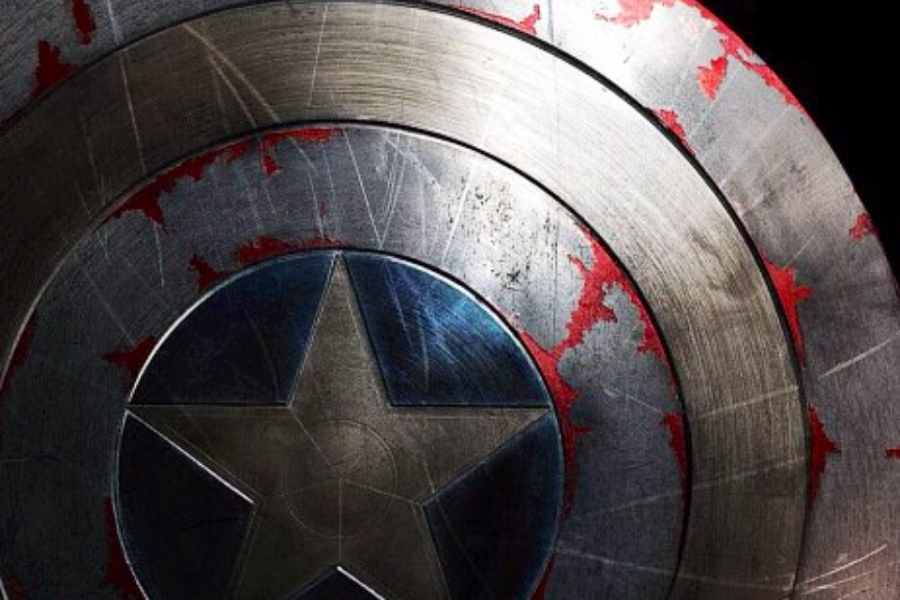


![Zoe Jung, 11, holds her newest ceramic piece, a large toilet, for her AP art portfolio. Jung’s toilet is symbolic of the government, with the tank and bowl representing the government and population respectively. “[My AP art portfolio] is kind of small right now because I kind of take my time with my work.”](https://fmhswire.com/wp-content/uploads/2023/10/IMG_3548-600x450.jpg)
